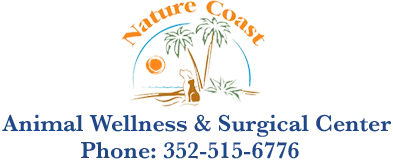
There are three main types of lesions associated with elbow dysplasia:
OCD – Osteochondritis Dissecans, common in Rottweilers and St Bernard’s
FCP – Fragmented or ununited coronoid process
UAP – Ununited anconeal process
Elbow dysplasia is a generic term meaning arthritis of the elbow joint. Elbow dysplasia is primarily an inherited disease which usually affects intermediate and large breed dogs. A high incidence of occurrence has been noted in the Bernese Mountain Dog, German Shepherd, Rottweiler, Golden Retriever, and Labrador Retriever. Other breeds affected are the Newfoundland, Saint Bernard, Mastiff, Springer Spaniel, Australian Shepherd, Chow Chow, Shar-Pei, Shetland Sheepdog, and some Terrier breeds. Typically, both elbows are affected. However, unilateral elbow dysplasia is also recognized.
Elbow dysplasia is characterized by varying degrees of elbow incongruity, bony fragments (bone chips), and ultimately, severe arthritic change. Clinically, the symptoms range from an intermittent lameness in some affected dogs to severe, crippling disease in others.
Dr. Stocker can provide several medical and surgical solutions for canine elbow dysplasia. Based on your pet’s specific needs we will recommend the best course of action.
